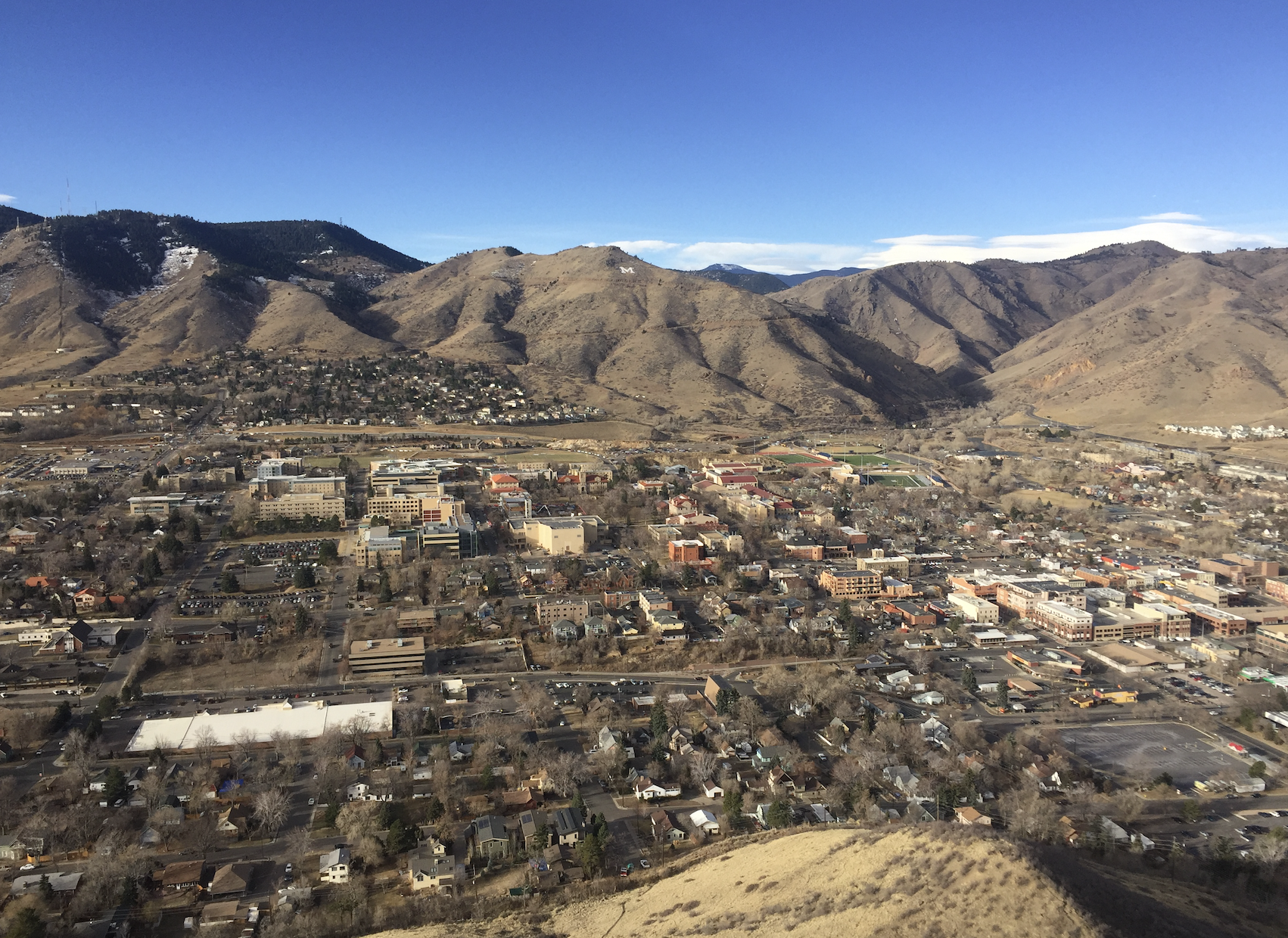Preview of ISGC Short Courses
SC01. Application Driven Core Analysis: Essentials of Core Description Using EasyCore.
| All about how to describe core - using real core examples and integrating EasyCore digital applications. |
SC02. Exploration and development of geothermal energy in Sedimentary Basins | This course will show participants how to: 1. Define key geologic and thermal concepts relevant to exploration for and development of geothermal resources in sedimentary basins. 2. Describe the current use cases for geothermal energy and how they differ in scale. 3. Identify technological approaches being developed by companies to utilize geothermal energy, including co-production with oil & gas resources, engineered geothermal systems, and subsurface hydrothermal. 4. Explain the current applications of geothermal power in the energy industry, why those are limited, and what the potential is for subsurface geothermal. 5. Identify opportunities for integration of geothermal power with other resources, including fossil energy sources. 6. Identify and use existing online databases and tools (from NREL, IGA, and elsewhere). |
SC03. From floccules to facies: Mudstones!
| Participants will be exposed to a variety of mudstone core from global representative source rocks and unconventional reservoirs and discuss a variety of topics and themes including: I. Process Sedimentology ü Sediment Sources: Siliciclastic, Calciclastic, Biogenic ü Shelfal mudstones and key transport mechanisms ü Experimental Mudflume Sedimentology II. Facies, Laminae to Bedsets ü Classification and Recognition Criteria ü Commercial Properties (Source, Reservoir, Seal) |
SC04. Seismic Stratigraphy and Geomorphology for Students
| This course is designed for students in geology and geophysics interested in learning the fundamentals of geologic interpretation of reflection 2D and 3D seismic data. The class provides hands on experience in the stratigraphic interpretation of seismic reflection data. Techniques covered include seismic interpretation and visualization workflow techniques (amplitude extractions, slicing, flattening, optical stacks, etc.) using Petrel on workstations. No previous experience in Petrel required. |
SC05. Using sandstone petrology and petrography to characterize and interpret reservoirs, repositories, and aquifers.
| This course aims to raise awareness that sedimentary petrology and petrography have value in interpretating, assessing and predicting resource and storage potential of porous and permeable sandstones. For decades, sandstone petrology concepts, analyses and data have been used to address questions regarding how reservoir character affects storage and transmissibility. Petrographic approaches provide perspective that other data (e.g. seismic, well log, core analysis) only provide indirectly and can work to ground-truth petrophysical and geophysical approaches. Currently, siliciclastic petrography is an underutilized technology and there is a concerning deficit in the number of geoscientists trained in and capable of characterizing sandstones at the scale of grains and pores. This course targets these issues. Basic sandstone petrology concepts of provenance, transport, deposition, compaction, and diagenesis will be presented in the context of how they control or influence lithology and reservoir properties. An emphasis on petrographic analysis of mineralogy, texture, paragenesis, and pore systems provides perspective on how rock framework and pore systems control rock properties and complement interpretation and calibration of core analyses, petrophysical logs and seismic data. Techniques to identify and quantify characteristics will be introduced and practiced. Examples combining varied techniques and arrays of data sets enforce benefits of integrated interpretation. Application of such data sets and techniques, from a variety of geographic locations and geologic settings, will further build on these concepts. Routine and special core analyses, coupled with petrographic observations, help inform the understanding of fluid contacts and saturation profiles in the context of texture, diagenetic alteration, and resultant reservoir quality. Integrating lithofacies and diagenetic facies with petrophysical logs and core analyses aids in establishing trends in reservoir quality. Finally, the concept of scaling and integrating microscopic observations to core- and log-scale, especially as required for reservoir models, is an important goal for this course. This course is appropriate for advanced geoscience students or sedimentary geologists interested in integrating sedimentary petrology with their stratigraphy-based approaches. Petrography skills are beneficial but not required. |
SC07- Bonus Activity. Outcrop Discussions during a Mountain Bike Excursion!
| Join Zane Jobe for a mountain bike ride on South Table Mountain! This is the approximate route, it will be a bit longer and more climbing than this to get there from campus. https://ridewithgps.com/routes/46781769 The ride will be approximately two hours, and a “no-drop” ride focused on enjoying the views and conversations on mostly-green-level fire roads and single track. We will stop several times to regroup and discuss the local geology, including the ‘Great Unconformity’ between the Pre-Cambrian basement , the Paleozoic and Mesozoic stratigraphy, and the volcanics that make up South Table Mountain. There are plenty of bike shops within walking distance of the conference to get rental bikes from (and a helmet). You are expected to have some experience with mountain bike riding and trails, but this will be a green level ride. Keeping hydrated, etc. is essential. If you are interested in the more gnarly Front Range trails, Zane can lead an additional ride on blue/black trails (where a full suspension all-mountain bike is recommended). Contact Zane with your interest! Zane Jobe zanejobe@mines.edu Research Professor, Colorado School of Mines View from the top of the ride!
|






